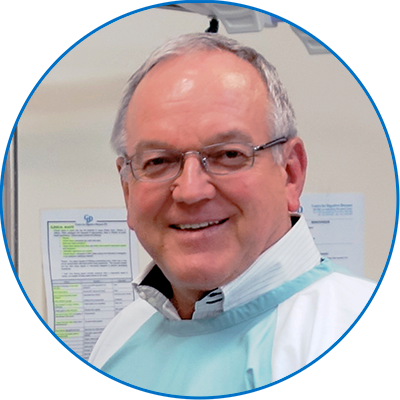
“Their life literally depends on ours,” said von Maltzahn. “More than 70% of all our T cells reside in the intestine.” This means that gut bacteria interacting with this tissue could influence critical functions affecting the entire human body, and they have almost certainly evolved to do so throughout human history. “The intestine is both the largest endocrine organ in the body, producing more than 30 different hormones … and the largest immune organ in the body,” he said. According to Christophe Bonny, chief scientific officer at Enterome, this makes clear sense from a physiological perspective. These studies laid the foundation for experiments demonstrating that microbial transplantation in rodents could potentially influence the course of a range of gastrointestinal, metabolic, immunological and other disorders. In 2007, the US government embarked on the Human Microbiome Project-a $215 million effort that leveraged cutting-edge genome sequencing technologies to begin profiling the composition and function of the complex commensal communities dwelling within our bodies. The first wave of microbiome startups, including Seres and Vedanta, emerged in 2010, and were born out of exciting progress in academic and medical research. “If this is the case, this field is going to go from everybody being skeptical to the vast majority being believers quickly.” A broadening range of indications “These medicines categorically have a chance to be safer than your average clinical programs and have a higher probability of success than your average clinical program,” said von Maltzahn. Nevertheless, he sees a unique opportunity to develop interventions that have literally been shaped through co-evolution to be inherently well-suited for use in humans. Geoffrey von Maltzahn, a general partner at venture firm Flagship Pioneering, has co-founded multiple microbiome companies, including Seres and Kaleido Biosciences, but agrees that big pharma generally remains skeptical about the field at present-as concerns remain about past trials and a need to further validate the relevance of microbiome modulation in diseases other than gut-centric disorders. GI, gastrointestinal IBD, inflammatory bowel disease.Īnd some investors in the field see the potential as near limitless.

Table 1 | Selected deals involving the microbiome (2018–2020). “But we’ve been quite selective so far in the approaches that we’re taking.” “We are focused quite heavily, and it is a big investment,” said Gareth Hicks, VP and head of gastrointestinal drug discovery at Takeda. Takeda has forged partnerships worth hundreds of millions of dollars with numerous companies in the microbiome therapeutics space over the past 6 years, including Finch, Enterome, Debiopharm and Nubiyota (Table 1). Companies such as Merck and Co., Gilead, Genentech, and Johnson & Johnson (J&J) have made strong bets on microbiome startups in the past few years. “Those clinical results have public investors quite interested in the field,” said Bernat Olle, CEO and co-founder of Vedanta Biosciences. More generally, momentum is steadily building for the idea of either turning live microorganisms into medicines or developing drugs that work by modulating the biological activity of our resident bacteria.
#Finch therapeutics series
By October, the company’s market cap was greater than $2.5 billion, and following its phase 2 success, Finch pulled $90 million in Series C funding. Within 24 hours of its announcement, Seres’ shares shot up by 460%. Rebiotix and its parent company Ferring Pharmaceuticals announced positive preliminary phase 3 data from fecal microbial transplantation product RBX2660 in May, and Finch Therapeutics released phase 2 data in June revealing a statistically significant benefit. Two other microbiome companies have likewise reported success in this indication in the past year. Compared with placebo, SER-109 treatment reduced risk of recurrent gastrointestinal infection by the pathogenic bacterium Clostridium difficile by more than 30%.

On 10 August 2020, Seres Therapeutics reported that its flagship product, a purified preparation of stool bacteria known as SER-109, had met its primary end point in a phase 3 trial. Credit: Christoph Burgstedt/Alamy Stock Photo


 0 kommentar(er)
0 kommentar(er)
